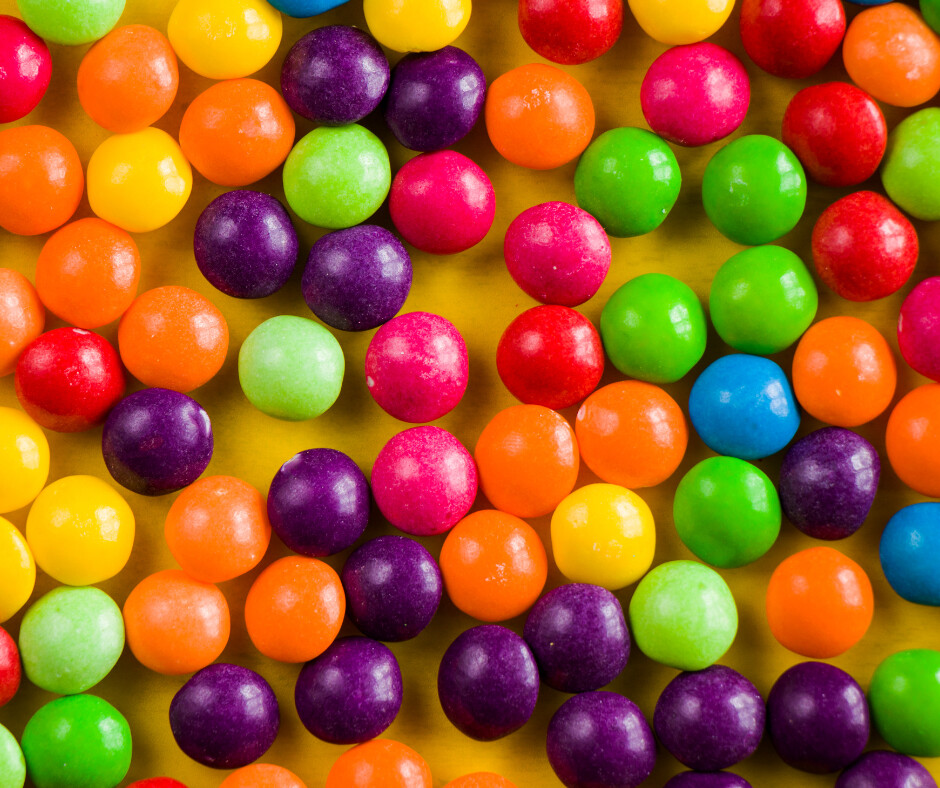
You may have heard that food and drinks sold in other countries contain different ingredients than those sold in the United States. The FDA allows companies to include ingredients that are generally recognized as safe (GRAS) by qualified experts. This means they can add quite a few things you might not want to consume. And when science starts to recognize that an ingredient does cause health concerns, it takes a long time for the FDA to regulate against it's use. This is why it is so important for you to read labels and/or cook your food from scratch. Here are some of the ingredients banned in other countries, but allowed in the United States. FoodBabe.com and FoodRevolution.org are good reference sources.
Propylparaben
Propylparaben is one of many common parabens that are used in food and cosmetics. It is used as a preservative in cosmetics and in foods like muffins, tortillas, and more. The biggest health concern about parabens is that some studies show that they may dissrupt your hormone balance. The European Food Safety Authority banned it's use in food in 2006. The EU banned it in cosmetics in 2015. You may be noticing that more products are being labeled as "paraben free", but there still may other harmful chemicals used instead of parabens. The Environmental Working Group (EWG.org) rates and scores the ingredients in the most popular personal care products. You can use that site to see how your personal care products score.
Synthetic Food Dyes
Synthetic food dyes are most often used in foods to make them more appealing. Even some vitamins can contain food dyes. Some of the most common food dyes are red 40, blue 2, and yellow 5. They are created from petroleum or crude oil. The consumption of artifical food dye has increased by 500% in the last 50 years. Norway and Austia have banned these dyes and the European Union requires warning labels. There is controversy about whether they are truly harmful, even though some studies have shown they may cause health concerns.
Genetically Modified Organisms
Genetically modified organisms (GMOs) are used to make certain crops more resistant to herbicides. Most soy, sugar beat, canola, cotton, corn, and alfalfa in the United States are GMO crops while many European countries have banned or regulated them. One of the most widely used herbicides on GMO crops is glyphosate which is linked to cancer. Many countries have banned or restricted the use of glyphosate.
Synthetic Hormones
Synthetic hormones are widely used in the United States to increase milk production in dairy cows. Fortunately, the use of rBGH and rBST has declined because of the public's awareness of the potential harm caused by them. Canada, the EU and other contries have banned those compounds. But if your dairy is conventional, other synthetic hormones could be used to increase milk production.
BHA and BHT
Two chemicals that are still used in the United States, are banned in the United Kingdom, Japan and other European countries. BHT and BHA are used in some mass produced commercial brand products, even though they are suspected to cause health issues. It is used in some cereals and sausage as a flavor enhancer and in other products as a preservative. It is even used in some packaging to add to the product freshness.
Did this help you? If so, I'd greatly appreciate it if you commented and/or share it on social media.

Email: sharonledwards@hotmail.com
Facebook: https://www.facebook.com/sharonledwardsbiz/


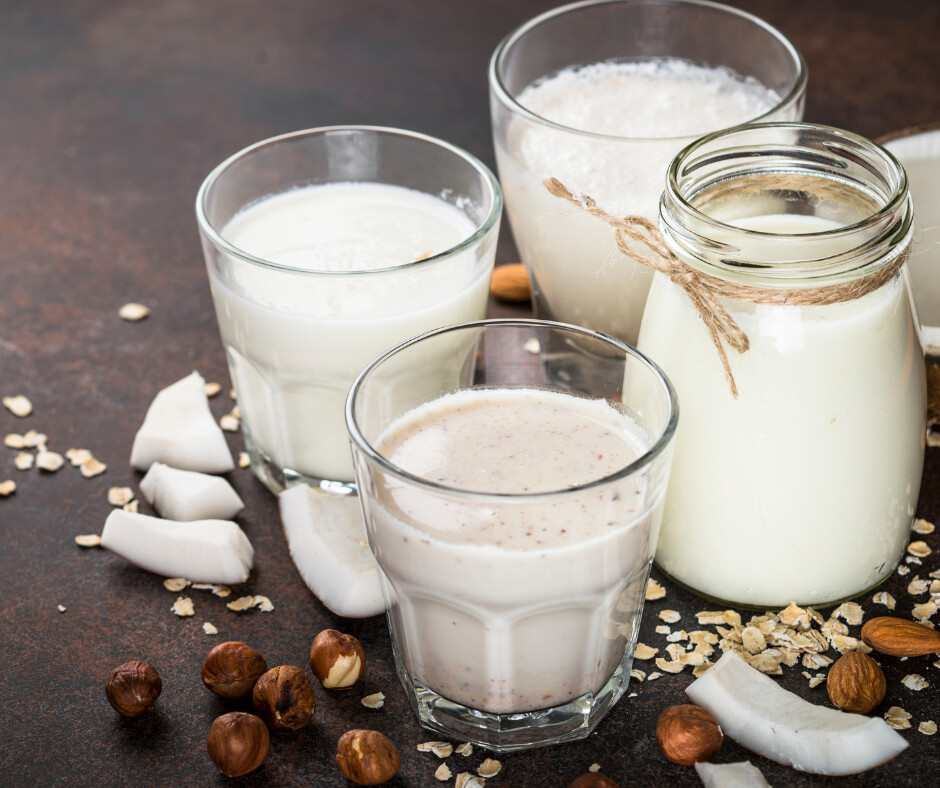



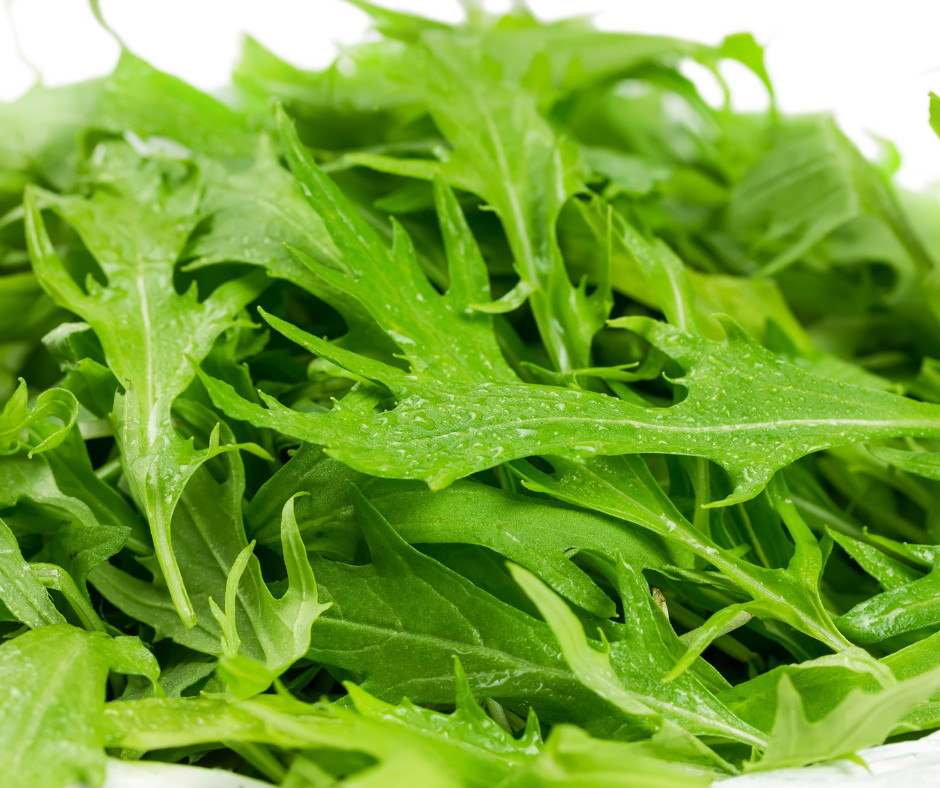

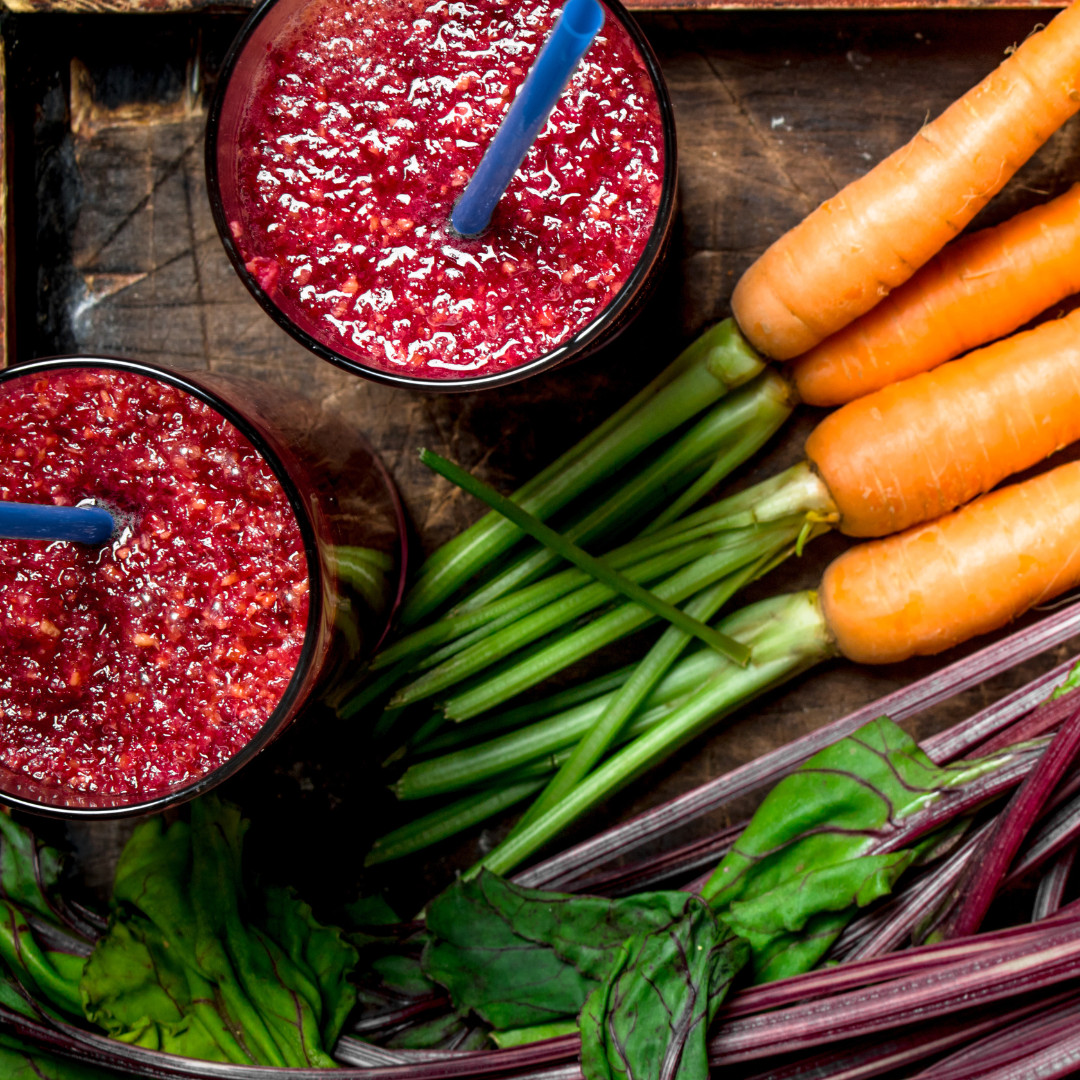
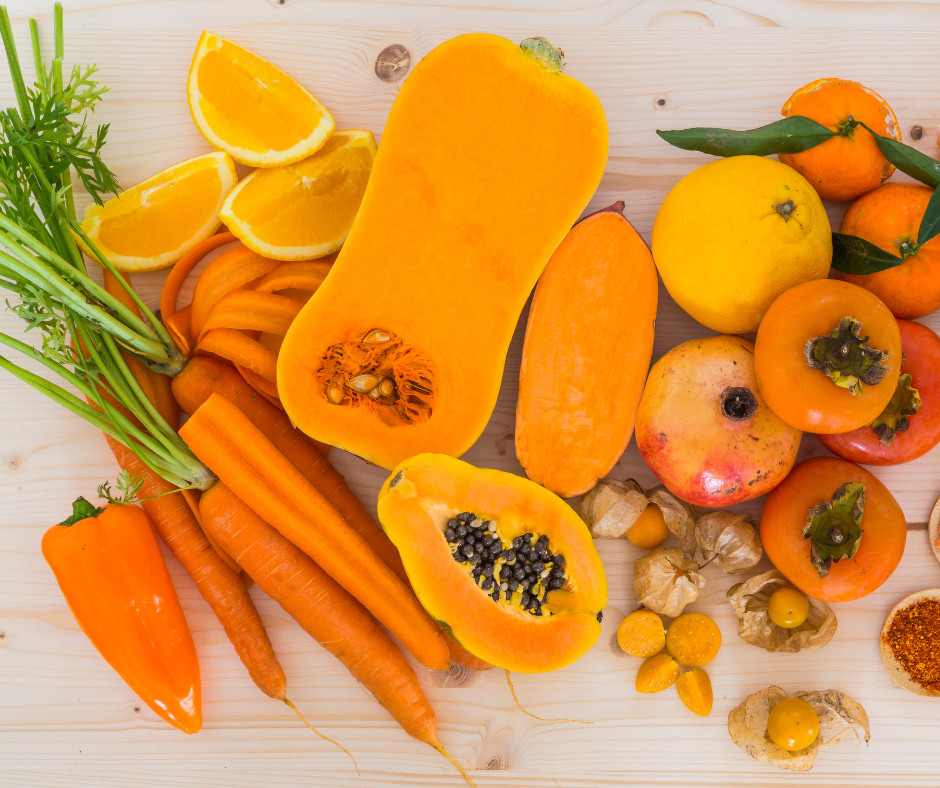
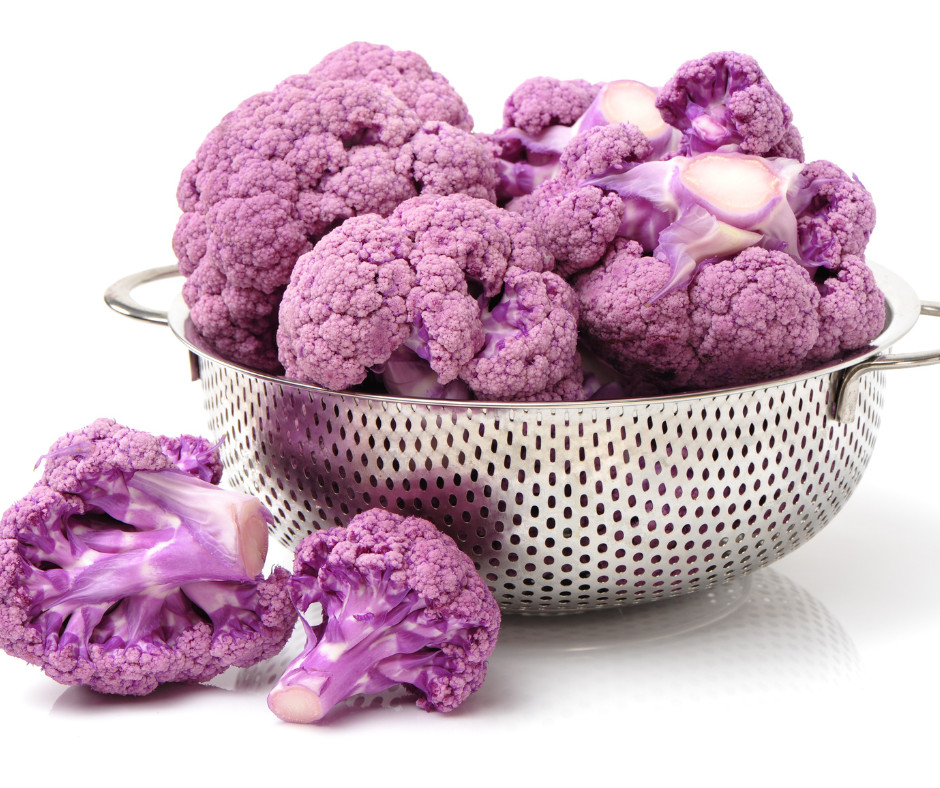

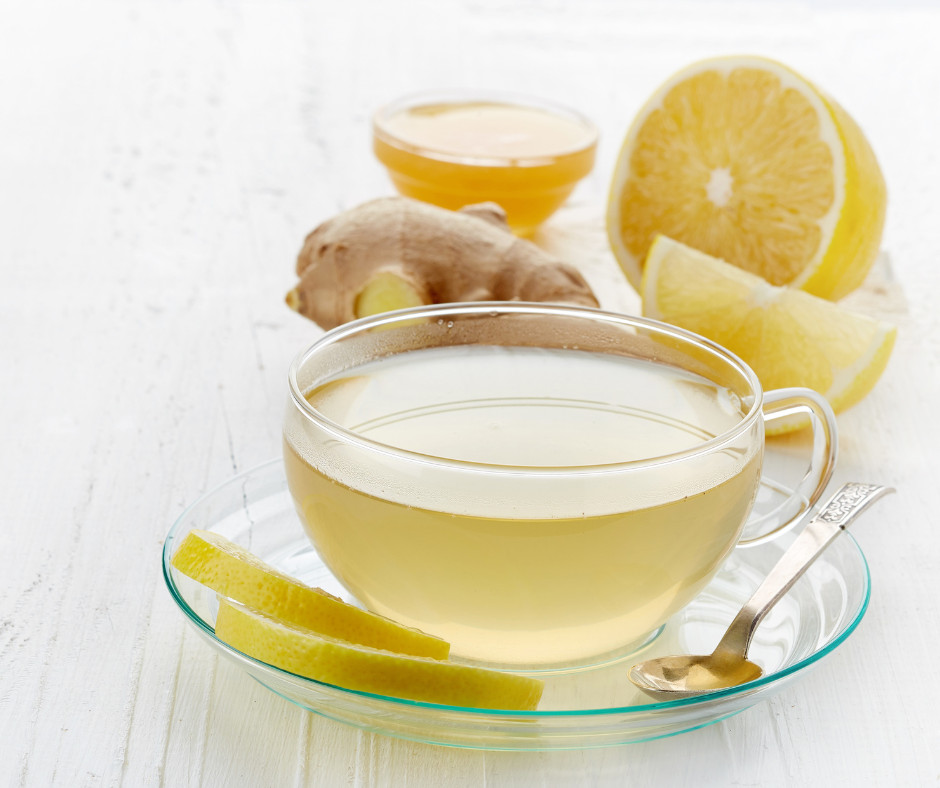





0 Comments